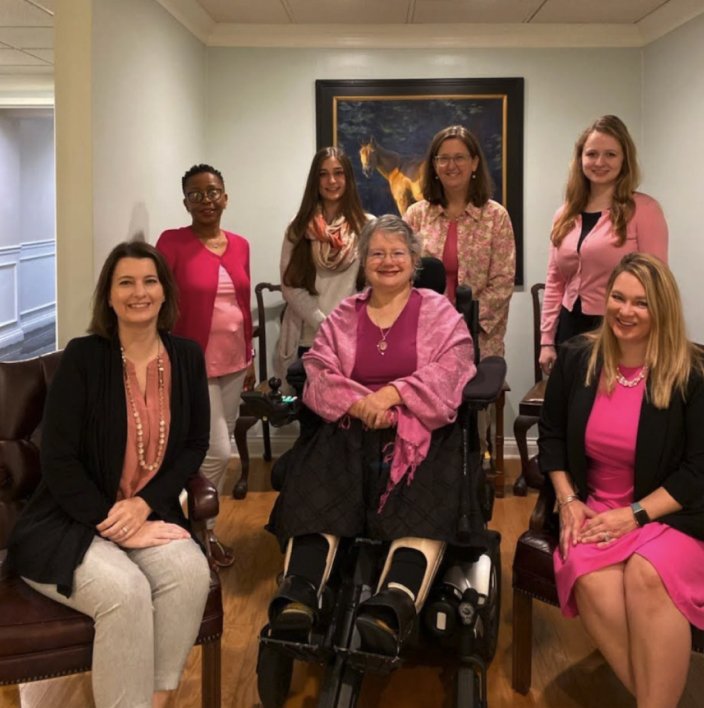

PROBATE AND ESTATE SETTLEMENT
After a loved one passes away, there are many things to do. One of those things is settling their estate and distributing their assets.
The estate may need to go through a court process called probate. In the probate proceeding, a judge will appoint a Personal Representative, who carries out the distribution of the estate according to the Will. Or, if there is no Will, an administrator will be appointed to the estate and it will be distributed according to state law.
Sometimes an estate does not need to go through probate because the decedent has named beneficiaries on financial accounts, owned the asset jointly with a living person, or holds items in trust. Even without the need to go through probate, you will still need to fill out paperwork to transfer assets.
The attorneys of Bluegrass Elderlaw PLLC are very experienced in estate probate and estate settlement. Our goal is to guide you through the process as quickly and affordably as possible.
WHILE EVERY ESTATE PROBATE IS DIFFERENT,
MOST INVOLVE THE FOLLOWING STEPS:
Filing a petition with the proper probate court.
Notice to heirs under the Will or to statutory heirs (if no Will exists).
Hearing with a judge to appoint a Personal Representative (an Executor or Administrator).
Inventory and appraisal of estate assets by Executor/Administrator.
Payment of estate debt to rightful creditors.
Sale of estate assets.
Payment of estate and inheritance taxes, if applicable.
Handling transfer of real estate.
Final distribution of assets to heirs.
Filing a final settlement.

Most estates are typically settled through probate within 6 to 18 months. The Personal Representative must fulfill their duties with the greatest care and integrity. We highly recommend that a Personal Representative retain an attorney and possibly an accountant to advise and assist with the duties of the Executor.
If you need assistance with a probate matter, and want more information,





